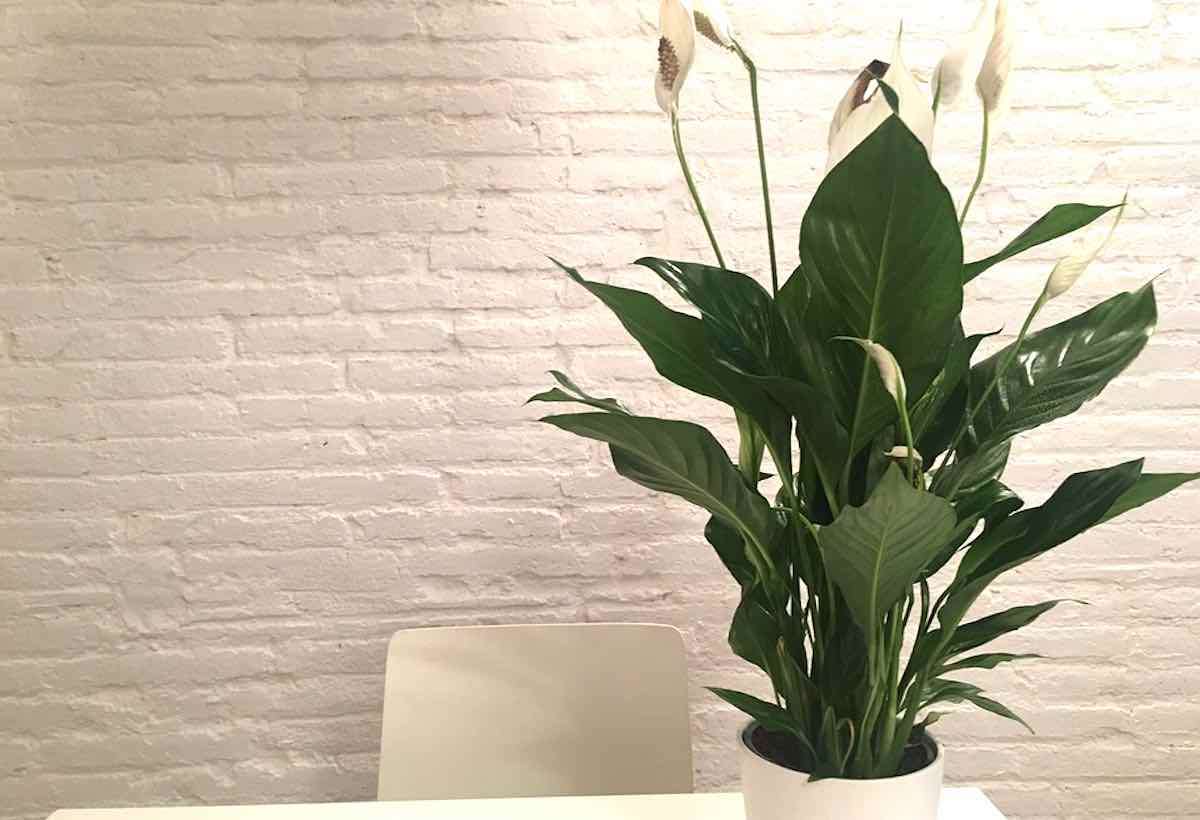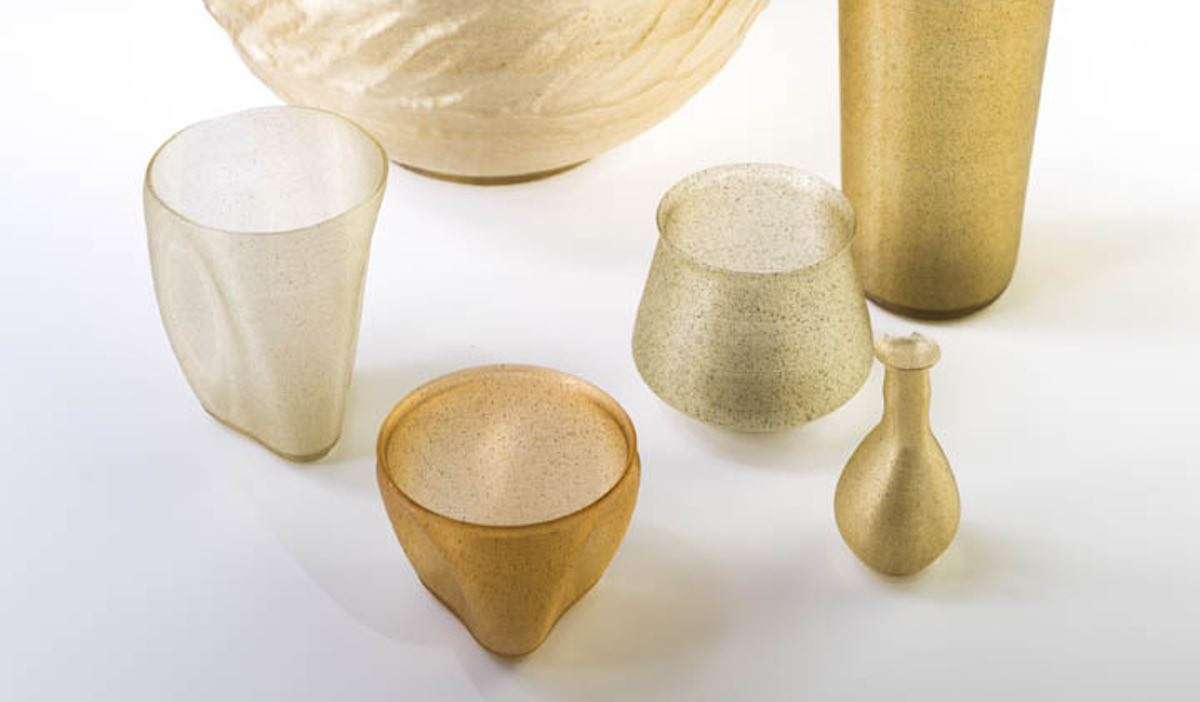Few things can cause us to experience as much frustration, anger, and stress as not being able to get a good night's sleep.
Institutions like The Center for Disease Control and the American Sleep Association have reported that 1 in 3 Americans are getting poor sleep, and 1 in 5 Americans has suffered from a sleep disorder.
Thankfully, an unlikely ally in the battle against sleep deprivation may be found in several commonly-found leafy specimens with which we share the Earth. NASA has been conducting studies involving plants and sleep since 1989, and they have certified multiple species as being helpful for sleep and air quality.
There are a number of proven ways in which plants can help us to get a good night's sleep, such as the minor relaxation our brains experience simply by observing the color green.
Another situation which could prompt sleep loss is polluted air; airborne-pollutant levels are commonly up to 5 times higher in people's homes than outdoors; however, there are many plant species which can absorb these floating sleep disrupters.
"Since man's existence on Earth depends upon a life support system involving an intricate relationship with plants and their associated microorganisms, it should be obvious that when he attempts to isolate himself in tightly sealed buildings away from this ecological system, problems will arise," writes the NASA researchers.
"Even without the existence of hundreds of synthetic organic chemicals off-gassing into tightly sealed environments, man's own waste products would cause indoor air pollution problems."
So if you are looking for a way towards better sleep, try sticking one of these four plants in your bedroom window.
Lavender – Always reliable and heavily studied, this well-dispersed plant can lower your blood pressure and heart rate, both of which are key markers of stress and anxiety. The plant has even been shown to reduce crying and stress in infants.
Jasmine – With its beautiful white blossoms it would seem a no-brainer to add Jasmine to your household, especially when it is proven to increase restful sleep, decrease anxiety, and even lead to a heightened mental performance.
Aloe Vera – One of NASA's special favorite specimens, Aloe actually improves air quality by absorbing debris, microbes, and other harmful, sleep-disturbing air particles.
English Ivy – This modest plant requires very little maintenance in exchange for a big payoff: in addition to being shown to reduce symptoms of allergies and asthma, it has also been shown to reduce the amount of airborne mold by 78% in just 12 hours.
Peace Lilly – Another super star air purifier, Peace Lilies also act as mild humidifiers which can help to keep your sinuses moist and clear through the winter.
Plant Some Positivity Amongst Your Friends And Share The News
Andy Corbley is the founder and editor of World At Large, a small environment, travel, and lifestyle focused journal that stresses integrity, nuance, and honesty which launched in early March 2019.










Be the first to comment